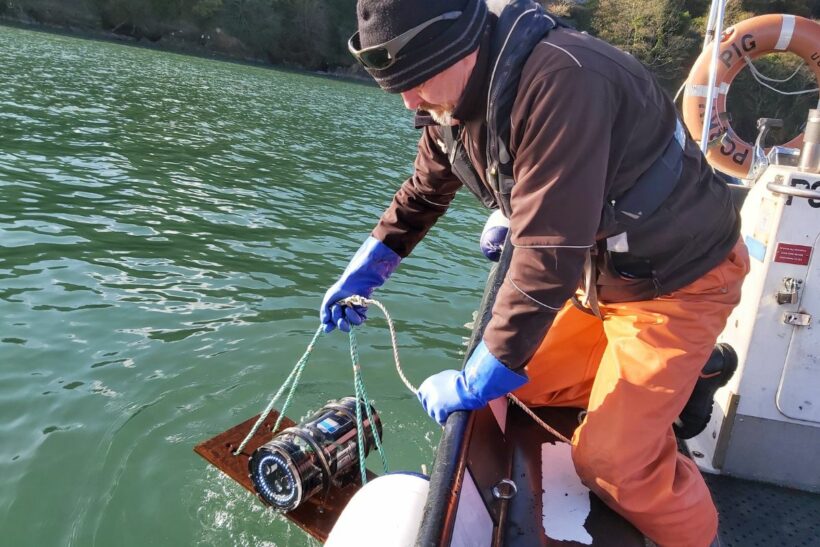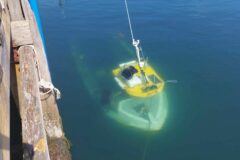A network of underwater cameras is to be created in the South West of England to help monitor the habitats of fished species in the region’s coasts and estuaries.
The new initiative, led by the University of Plymouth, will bring together scientists, managers and fishing organisations with the aim of filling ‘important knowledge gaps about the essential habitats required by species including European sea bass and grey mullet’.
The two-year project, which has been awarded £530,000 in funding under the Fisheries Industry Science Partnership (FISP) scheme, will use a recently developed Juvenile Habitat Monitoring Camera (JHaM-Cam) capable of filming the smallest juvenile life stages of fish to measure their abundance and size.
The camera system will be deployed in the Plymouth Sound Marine National Park and surrounding areas.
Project lead Dr Benjamin Ciotti, lecturer in marine biology at the University of Plymouth, said: “By developing new technology, we are striving to take a big step forward in delivering the evidence needed to support policy decisions and management actions that make fisheries more sustainable through broader consideration of the ecosystems on which exploited populations depend.
“We are also excited for the opportunity to build genuine partnerships: the project is a vehicle for the fishing industry, scientists and managers to work together to devise effective management, giving the industry a louder voice and greater stake in management and policy.”
This story was taken from the latest issue of Fishing News. For more up-to-date and in-depth reports on the UK and Irish commercial fishing sector, subscribe to Fishing News here or buy the latest single issue for just £3.50 here.
Sign up to Fishing News’ FREE e-newsletter here.






